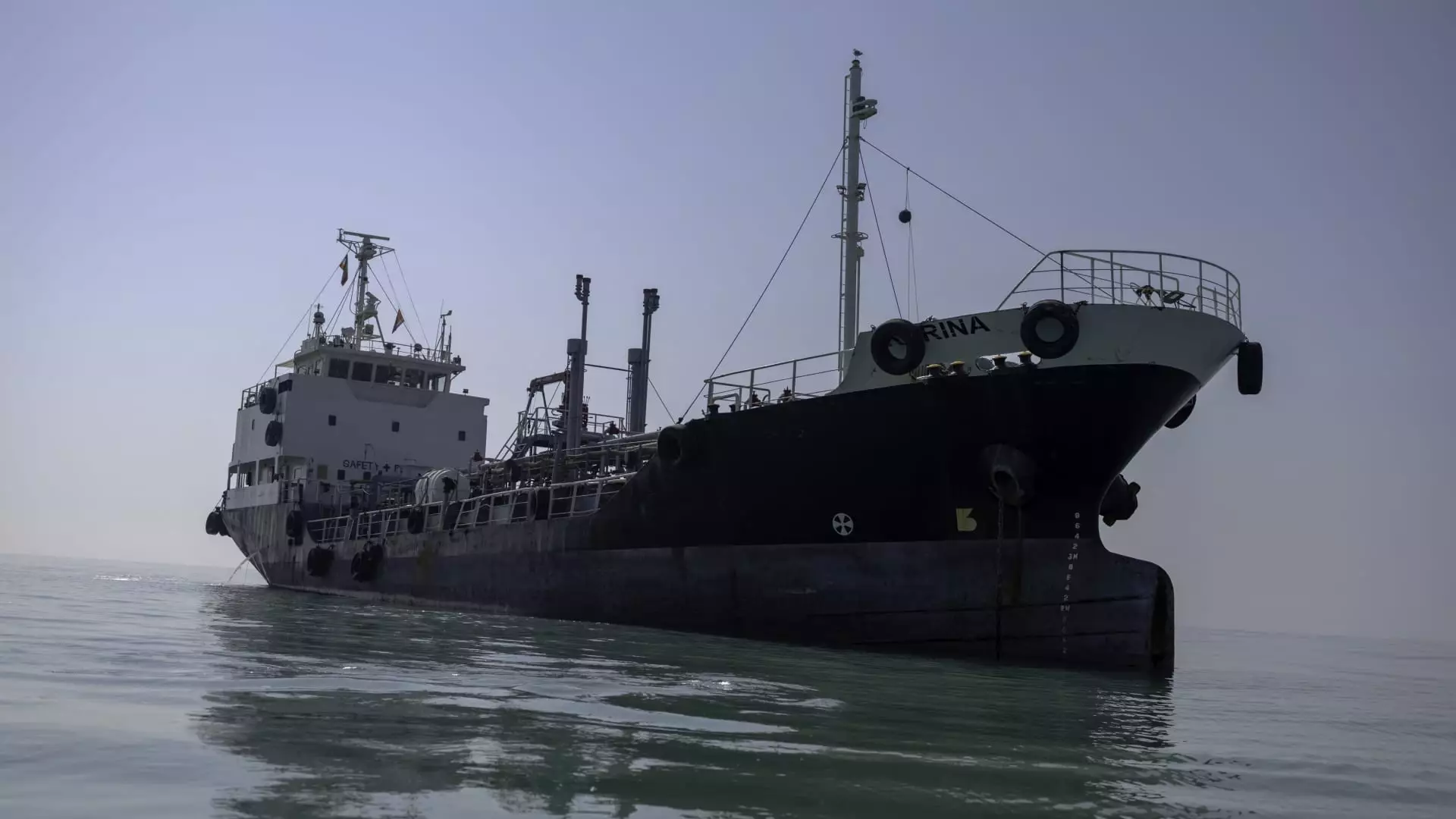The intensifying hostility between Israel and Iran has heightened risks in maritime navigation, causing a sharp increase in insurance premiums for vessels transiting these tumultuous waters. According to reports from Marsh McLennan, a leading global insurance broker, the rate for maritime insurance covering journeys into the Persian Gulf has surged from 0.125% to 0.2% of the vessel’s value, effective immediately after Israel’s recent military engagements. This is not just a small increment; it’s reflective of the precarious geopolitical landscape that is forcing the shipping industry to reassess its risk profiles vigorously. Such a climate is not merely inconvenient—it’s a full-blown alarm bell that signals deeper underlying crisis that could affect global trade dynamics.
Implications for Global Trade
As the maritime sector navigates the uncertain political waters of the Middle East, the ramifications go beyond the insurers and shipowners. The cost of doing business is set to climb after insurance costs balloon. This reality could eventually trickle down to consumers worldwide, as inflated shipping costs lead to higher prices on everyday goods. The ripple effect of the Israeli-Iranian conflict serves as a glaring reminder of how local tensions can morph into a global economic disturbance. The decline in the number of vessels willing to traverse the strategically vital Strait of Hormuz alters supply chain routes, potentially jeopardizing energy security and inflating global oil prices—even the briefest halt in oil transportation through this chokepoint is likely to set off a chain reaction that destabilizes markets.
Shifts in Maritime Strategies
With a growing number of shipowners expressing trepidation about navigating these dangerous waters, one cannot overlook the strategic recalibrations taking place within the industry. Influential bodies such as Bimco, which represents shipowners globally, have noted a ‘modest drop’ in the number of vessels willing to risk passage through the Strait of Hormuz. Such decisions reflect a burgeoning sense of unease gripping the shipping community, which is necessarily cautious when it comes to operating in a conflict-prone region. It raises the question: how far will this trend go? If the maritime industry decides to sidestep politically volatile regions, there could be profound effects on shipping routes, timelines, and costs. These adjustments may be sensible from a risk management perspective but carry heavy implications for global commerce.
The Urgency of Geopolitical Stability
Much of the alarm surrounding this situation is further exacerbated by the degree of uncertainty associated with potential U.S. intervention. The international community is left watching keenly, holding its breath as the situation unfolds. If tensions escalate further, even more drastic measures might be required to secure maritime routes. The connectivity of global markets demands that countries work to stabilize regions like the Middle East, as every unaddressed flare-up has the potential to derail the urban convenience and consumer culture we’ve come to depend upon.
In this critical juncture, we must ask ourselves: How do we shift from merely reacting to these conflicts and towards proactive diplomacy? The time is ripe to rethink our priorities and ensure that such tensions do not strand us in a cycle of inflated costs and diminished security in international waters. The rising insurance rates are more than just numbers—they are an insistent call for a deeper examination of our geopolitical strategies.



Leave a Reply